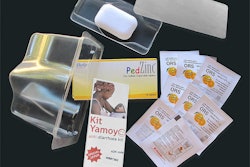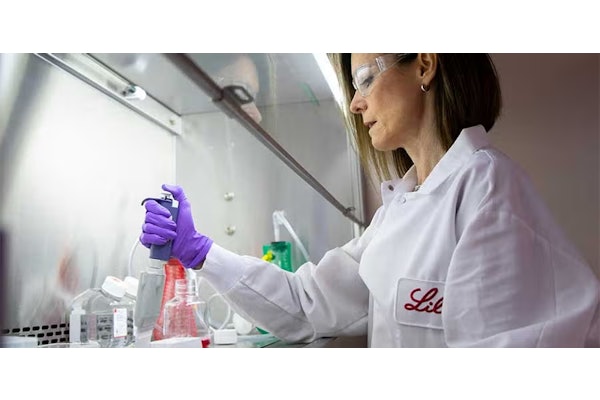
Packaging World:
Your company is well known for delivering packaging-specific knowledge in context with consumer insights. What’s the hottest insight?
David Luttenberger:
The packaging industry—brand owners, retailers, designers, converters, everyone—is learning to capitalize on ways that packaging can be used to build a one-on-one consumer relationship. Whether it is through design, messaging, or mobile technology, the best concepts are using this consumer touchpoint in a way that engages consumers in a one-on-one relationship that the consumer cares about, not just as a means of sending out a brand message.
How would you characterize the value of packaging, and how should the industry be talking about that?
It’s not exactly front-page news that consumers rarely see the value in packaging. We can be our own worst enemy, and that’s partly because we don’t use words that resonate with consumers. “Source reduction” to the consumer, for example, means less packaging, less product, same price. What is “carbon neutral” or “sustainable packaging” to a middle-class, cost-conscious consumer? Our industry needs to simplify and think like a consumer. Then and only then will consumers see the value packaging brings.
We’ve seen packaging take on challenges like convenience, bringing us nutritious options that match busy lifestyles. What’s the next big issue that packaging can help solve?
There remains so much more potential for packaging to help solve the world food challenge. We are doing a lot to protect food and reduce food waste, and the next wave of solutions will evolve from looking hyper-locally at issues. How you deliver food and water or keep medicines safe will be very different in, say, densely populated regions like India, versus remote areas in Sub-Saharan Africa. Their issues are different, their solutions will be different; the common denominator could lie within the distribution network, with a unique packaging structure, or it could lie in simply rethinking how an existing package is designed or converted.
Kraft Foods CEO Tony Vernon recently talked openly with Forbes about reinvigorating innovation in “How Kraft Got Its Innovation Groove Back.” What’s the most common sign that innovation is being starved?
In today’s tight economy, you can’t just look at your research and development budget and say, “We’re not investing enough.” It’s more than a function of investment. You have to look at your innovation pipeline and ask, “What’s the impetus for innovation? Is it a great idea? Or is it a great idea that meets a known need?” Today, there is a risk in investing in “great ideas” that don’t address a “need.” I would argue that today, we don’t have that luxury.
What is the most powerful strategy to keep innovation alive?
Innovate around known needs. Whether it’s a consumer need, or a distribution pinch point, innovation must stem from and address a need. One way to understand “need” is to evaluate the gap between “importance” and “satisfaction” from the user’s point of view. If something is important to the consumer, yet they are unsatisfied, chase innovation there. Ignore the opposite; if it is not important and the need is met, leave it alone.
Where do you see the most innovative ideas emerging?
From insights that stem from the consumer experience—that’s the proverbial North Star for innovation. Whether it is designing packaging for a product created for aging boomers, or for tweeners, or to ensure medicines are safely delivered in remote areas of the world, innovation emerges when you walk a mile in the consumers’ shoes.
In honor of the 25th year of the DuPont Awards for Packaging Innovation, DuPont asked readers to select which of the past winner breakthroughs made the biggest impact on their lives. Which is your favorite and why?
Recycled content. Whether it is PET bottles or paperboard, using recycled content cuts across all packaging innovation and is a powerful opportunity to engage with consumers. Our industry can build on the existing infrastructure to take back and reuse packaging materials. We know there is a need—we know that satisfaction in meeting that need varies—so it is an area ripe for continued innovation






















